Description
ABSTRACT
A Review of the Legal Nature of Equipment Leasing in Nigeria
Emwanta Ehigiato*
This paper focuses essentially on the legal aspects of equipment leasing in Nigeria which has been embraced on a much lower scale than hire purchase which is an older financing device in Nigeria. Various salient issues relating to equipment leasing such as the meaning of Equipment Leasing, origin of Equipment Leasing and the sources of Equipment Leasing Law are analysed in the paper. Sources of Equipment Leasing Law include Nigerian Legislation, Received English Law, Judicial Precedents, Local Regulations and Guidelines issued by Regulatory Authorities and International Conventions and Treaties. The paper also highlights the contractual relationship between the lessor and lessee and the attendant duties and obligations of the parties. Furthermore, the paper reviews the principal legislation on equipment leasing, the Equipment Leasing Act of 2015 with a view to promoting an understanding of the respective roles of the parties to an equipment leasing transaction. The paper concludes with a summary of the provisions in the Equipment Leasing Act requiring amendments as well as recommendations for enhancing the potency of the Act.
INTRODUCTION
There was no special legislation or code dealing with the subject of leasing until 2015 in Nigeria when the Equipment Leasing Act was enacted. Hitherto equipment leasing was essentially governed by common law and equitable principles while the accounting, taxation and financial aspects of leasing were regulated by accounting and taxation laws and regulations in addition to guidelines issued by the Central Bank of Nigeria.1 The Equipment Leasing Bill was passed into law in May 2015 after receiving the assent of the President of the Federal Republic of Nigeria.2 The Act seeks to regulate the business of equipment leasing in Nigeria with a view to identifying the relationships between the lessor and the lessee and other third parties as well as establishing a Regulatory Authority to provide for the registration of all equipment leases and the certification of equipment lessors.3
MEANING OF EQUIPMENTLEASING
Equipment4 leasing is a financing or capital acquisition device whereby a person known as the lessor5 transfers possession and the use of equipment to another known as the lessee6 in
* LL.M, BL, ACIS, MBA. Author of An Introduction to the Law and Practice of Equipment Leasing in Nigeria
- See Ehigiato Omorodion Emwanta, An Introduction to the Law and Practice of Equipment Leasing in Nigeria (1st edition 2017) 1. The practice of leasing is largely governed by the Common Law (an acquired law from the United Kingdom) and affected also by some provisions of other Laws such as the Companies and Allied Matters Act, The Banks and other Financial Institutions Act, Companies Income Tax Act, Value Added Tax Act (VAT) and Withholding Tax, Federal Inland Revenue Services Guidelines on taxation of leasing transactions as well as International Accounting Standards.
- The legislation on Equipment Leasing in Nigeria is known as the Equipment Leasing Act No 2 of 2015.
- See the explanatory notes to the Act.
- Section 44 of the Equipment Leasing Act (the Act) states that equipment means any movable or immovable equipment howsoever described. This may be motor vehicle, aircraft, ship, plant and machinery and office equipment like computer and air-conditioning units. Thus equipment may be described as the assets or capital required for running a business which are essentially tangible in nature.
- Ibid. Section 44 of the Act defines a lessor as any person who under an equipment lease agreement transfers to another person or body (the lessee) the right to use an equipment in return for an agreed consideration for an agreed period.
- Although there is no specific definition of a lessee under the aforementioned provision of the Act it is clear that a lessee is the transferee of an equipment under a lease transaction. The lessee retains the possession of the equipment and uses same in line with the terms and conditions of the lease agreement.

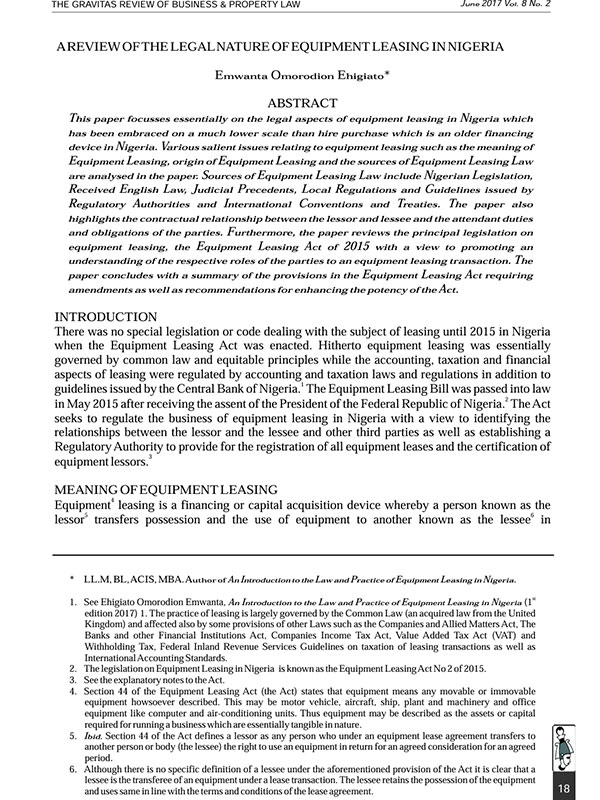
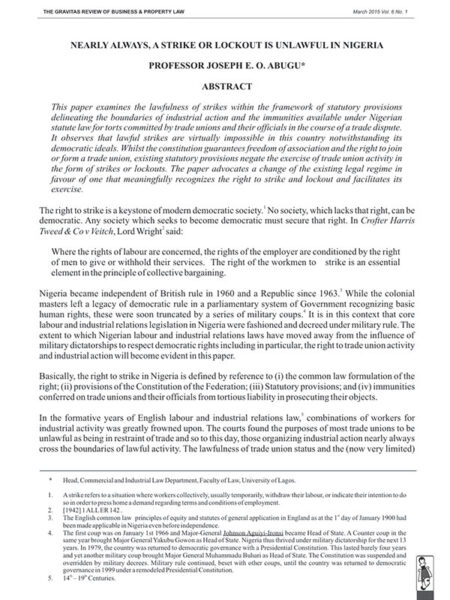
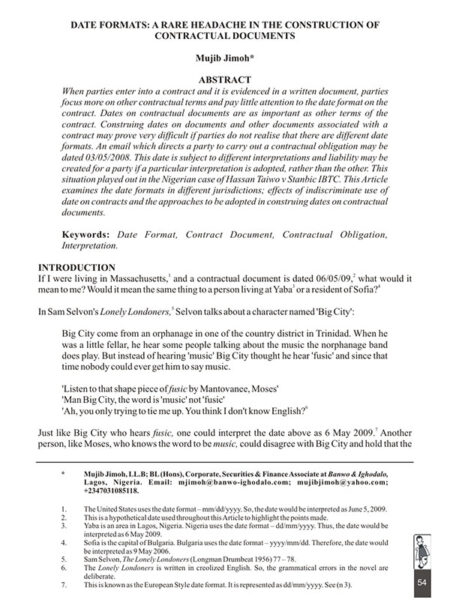
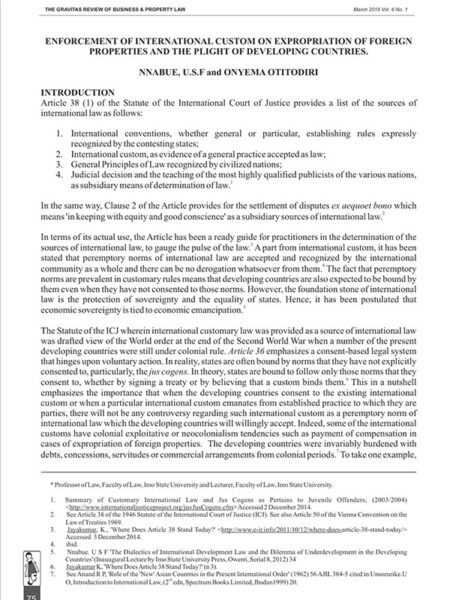
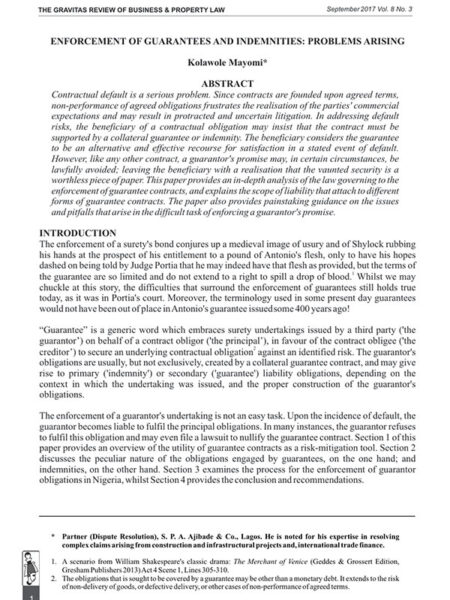


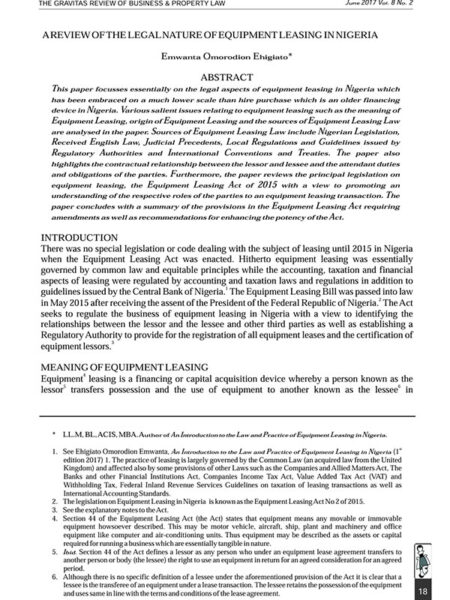
Reviews
There are no reviews yet.